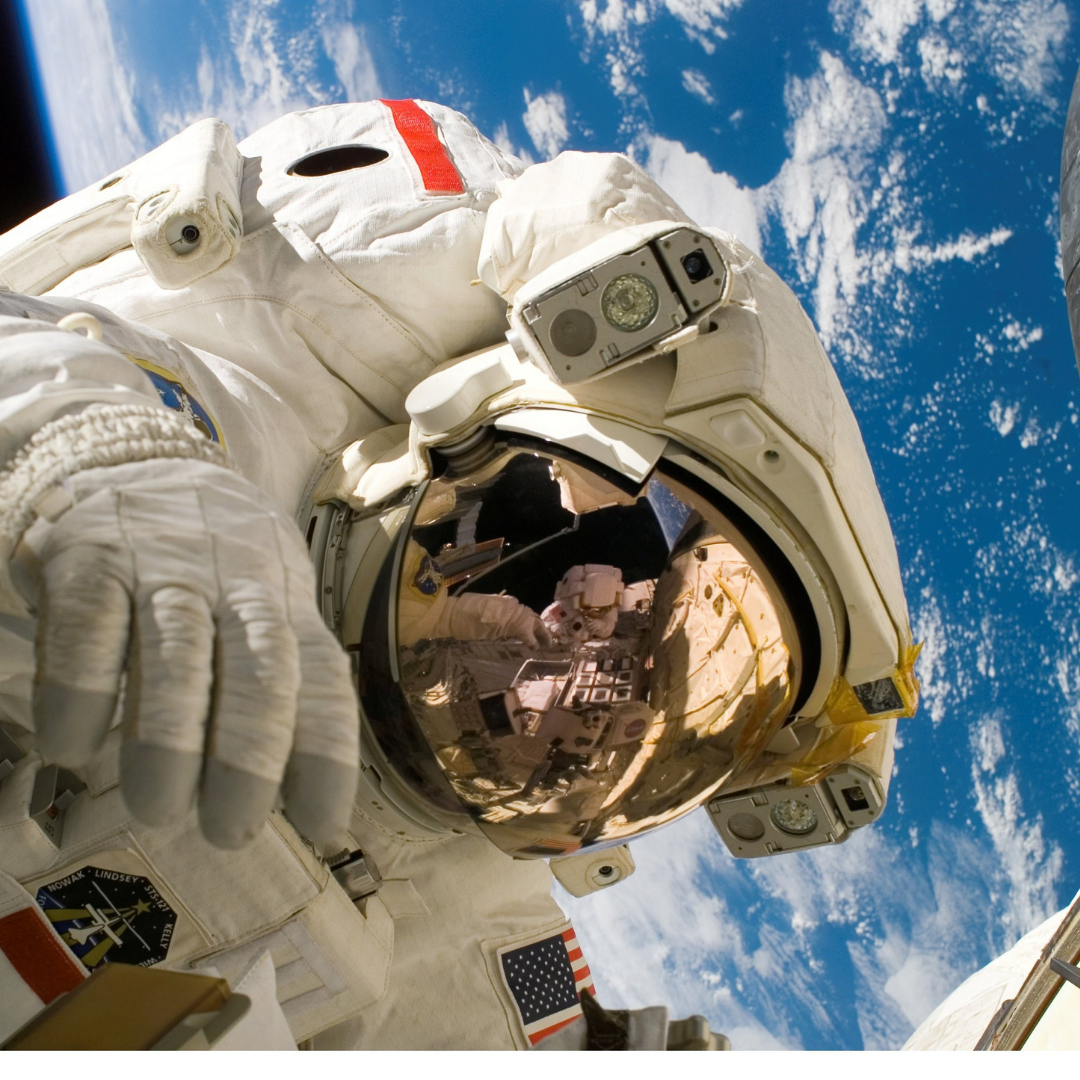
Space travel is one of the most exciting technologies of our time, but it’s also one of the most difficult to achieve. For decades, scientists have been trying to send people into space. The first, Project Mercury, was launched in 1959, to put the first American into orbit. It failed. The second, Project Gemini, also failed. The third, Project Apollo, was the first to succeed, with the first humans landing on the moon in 1969. But it wasn’t easy. While the journey was only 32.7 km, the length of a baseball field required rocket fuel, heavy equipment, and a lot of technology, all of which had to be brought together.
Space Travel, What You Need to Know
It’s no secret that space is pretty cool. But what some might not know is, so is technology. It’s all thanks to space travel. A recent NASA report states that by the mid-2030s, the earth’s population will reach 9 billion, and that number will increase by 2 billion by 2075. To address this, NASA is planning missions to the moon, Mars, and even Venus, all of which will require some serious technology.
Space travel is a natural byproduct of human evolution and has been a popular topic since the earliest explorations. Since then, humanity has continued to explore the universe in a series of increasingly ambitious endeavors that have in turn spurred further innovation. We have gone from the first exploratory missions to the moon to the first manned mission to Mars, and from there to NASA’s successful landing on the Moon in 1976, the first Mars mission in the 1990s, and the recent journey to Mars by NASA in 2016.
From the changing course of life on Earth to the exchange of information between nations around the world, space has become an essential part of our daily lives. Now NASA has traveled into space, sending astronauts into the unknown to explore the universe in search of answers to questions that have puzzled scientists for centuries.
What are the Benefits of Space Travel now?
One of the benefits of space travel is the ability it gives scientists and engineers to test and experiment with new ideas and technologies that we can’t try on Earth. One of the most exciting and creative ways we have discovered to take advantage of this is through experiments we’ve done on satellites and space stations. One of the technologies we’ve used is the ability to create life-like 3D printed objects.
Technology benefits from space travel. The latest technology benefits from space travel include:
- Nanotechnology: The space economy is pushing the limits of what materials can be manufactured on Earth, and the most promising materials are those that are small and light, such as plastics, semiconductors, and nanoparticles.
- Robotics: Robots have a long way to go before they can match humans in a variety of tasks. However, the U.S. Space station has been a proving ground for robotic technology, and the likes of NASA’s Robonaut have proved that robots have their uses on the spaceship.
- Cybersecurity: In the past, the proliferation of computer viruses and hacking threats posed a significant risk to National Security and many organizations which may have led to them reaching out to firms to conduct a Cyber security audit. Upon finding any shortcomings, the organizations usually considered contacting professionals who could provide a solution to remedy the issue. Needless to say, several measures have been implemented in order to strengthen cybersecurity. One example could be appllication security services, which happen to help with fileless memory-based attacks on organizations.
Space travel has evolved over the last few decades, and the technology used by astronauts has come a long way since the early days of the space program. Nowadays, astronauts aboard the International Space Station (ISS) can use the Internet to stay connected to friends and family on Earth, helping them stay connected on both sides of the planet. Not only that, but even the internet is getting the space treatment, with Elon Musk’s starlink internet looking to provide a whole new type of fast satellite internet that could finally help people in rural communities experience the same level of internet provision that those in cities do. And this is not all! There is so much that technology can do for us – from protecting us and our network using the best vpn for privacy and other cybersecurity measures, to creating new innovations, every day – technology has improved and will improve our lives manifold in the years to come!
Space exploration brings many technological benefits. The science of space travel helps us advance our knowledge of physics, astronomy, and even earth science. It helps us improve our air travel with maps of the universe, which guide us through the universe. It also helps us improve our solar power systems, which can directly benefit our lives. Technology brings us so much more.
So, we must remember that technology and space travel aren’t mutually exclusive: they mutually enable each other. Technology and science don’t need to be cold and distant: they can be as warm and inspired as a starry night looking up at the cosmos from a mountaintop.
